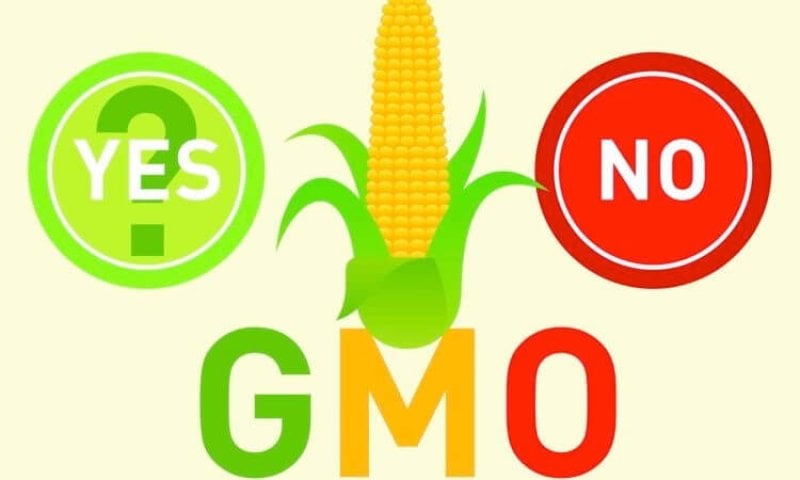Despite evidence that demonstrates genetically-modified crops are as safe as crops produced through traditional breeding, sections of the public remain suspicious about genetically modified organisms (GMOs).
For UC Davis Professor of Plant Biology Savithramma Dinesh-Kumar, this lingering suspicion has sparked a drive to develop genetically modified plants that eschew “transgenic” labels.
In a collaborative study published today in Nature Plants, Dinesh-Kumar’s group at UC Davis and Professor Daniel Voytas group at the University of Minnesota report fundamental first steps towards eliminating a transgenic approach to gene editing. The researchers hope to accomplish this by directing mutations using viruses, rather than by using a tissue culture setting, which is current standard procedure for GMOs.
Using viruses as a delivery vehicle, the team successfully induced genetic mutations directly in plants. Desired mutations, the team found, were passed down to the next generation at a frequency ranging from 65 to 100 percent.
“Since the virus we used is an RNA virus, it’s not going to integrate into the genome,” said Dinesh-Kumar. “When the seeds are formed, they’re completely virus free, so you don’t have any footprint of the things you put in but you introduced the desired mutation.”































